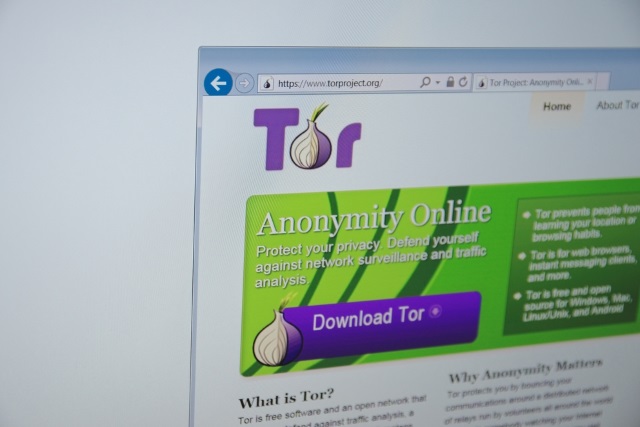
TorMoil flaw leaks IP addresses of Mac and Linux Tor users
If you're using Tor, you're almost certainly doing so because you're looking for privacy and anonymity. But a newly discovered critical vulnerability has been revealed in the Mac and Linux versions of the browser that means IP addresses may be leaked.
The bug was discovered by security firm We Are Segment and was reported to Tor. While a proper patch is yet to be created, a fix has been released, and Tor users are strongly advised to install it.

Mozilla announces extended end-of-life support for Firefox under Windows XP and Vista
Mozilla has revealed that support for its Firefox web browser on Windows XP and Vista is coming to an end.
The organization had previously announced that anyone using these old versions of Microsoft's operating system would be moved to the Firefox Extended Support Release (ESR). This meant that support would be offered until "at least" September this year. Now the final kill date has been revealed -- and it's later than expected.
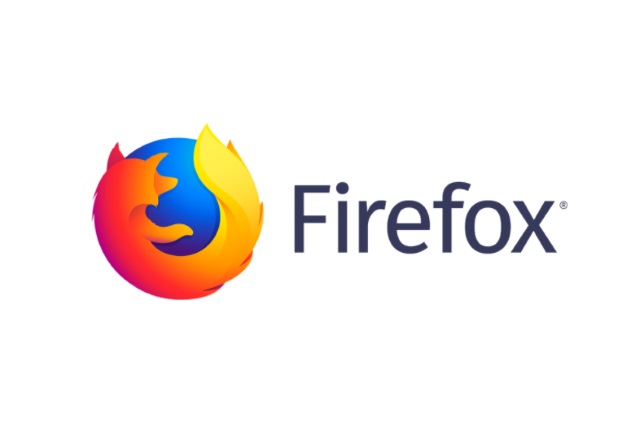
Mozilla updates Firefox Privacy Notice with greater detail, transparency and prominence
Mozilla has announced an update to Firefox's Privacy Notice which aims to better inform users about what data is collected and why.
As well as making its privacy policies more understandable, Mozilla is also trying to ensure that more people actually see them. For new installations, the Privacy Notice is automatically displayed in a tab. But it's the layout and accessibility of the updated document that's the real change.
Firefox 56 unveils improved preferences, paves the way for Firefox Quantum
Mozilla has released Firefox 56, with Firefox for Android 56.0 due imminently. Firefox 56’s chief highlight is the rollout of Firefox Screenshots to all users. The built-in tool for capturing, saving and sharing screenshots from the browser was made available to a subset of users with the previous release.
The announcement comes with news of Firefox 57, which has been billed by Mozilla as "our biggest release of the year." It will unveil portions of a new next-generation browser engine as well as a major design refresh to fit in better with modern operating systems.

Safari has more security vulnerabilities than all other major browsers combined
Apple's Safari has more security vulnerabilities than Google Chrome, Mozilla Firefox, Microsoft Edge and Internet Explorer combined, according to a new report from Google's Project Zero.
Using an automated testing tool called Domato, Project Zero's Ivan Fratric analyzed the most popular desktop browsers and discovered two security vulnerabilities in Chrome, four in Firefox and Internet Explorer, six in Edge and 17 in Safari.
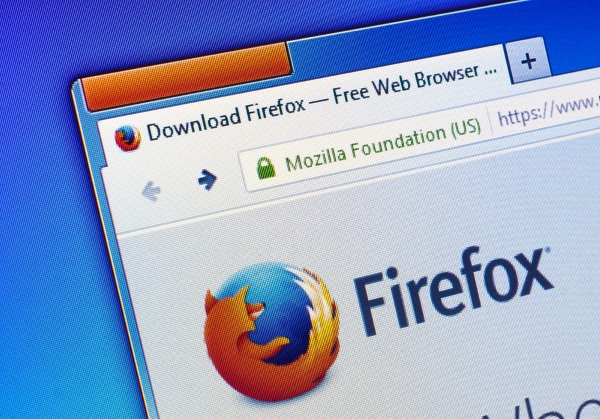
Privacy: Mozilla to test opt-out telemetry collection in Firefox
Plex recently caused controversy by changing its privacy policy so users could not opt out of data collection -- although the company backed down after assessing the level of concern it raised. Now Mozilla looks set to raise the hackles of privacy advocates as well.
Mozilla engineers working on the Firefox web browser are concerned that the current opt-in system of data collection does not allow for the collection of unbiased data about which websites users visit and so on. As such a test period of telemetry which is opt-out is planned.
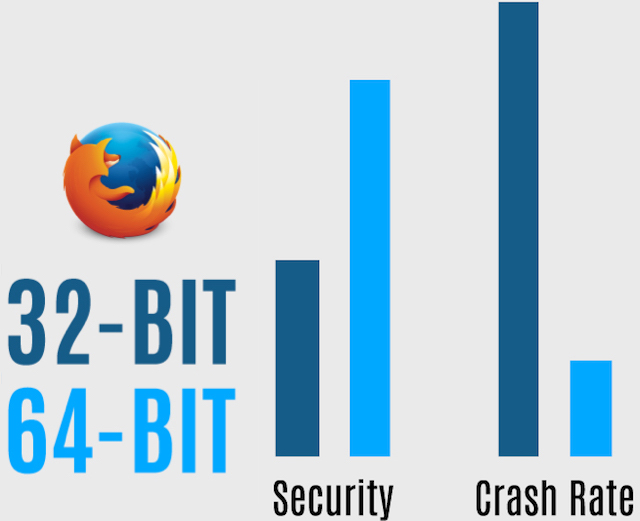
Mozilla finally offering 64-bit Firefox to Windows users by default
Consumer 64-bit processors have been around for a long time now -- AMD began selling the Athlon 64, for instance, way back in 2003. Windows XP Professional x64 Edition was released by Microsoft in 2005. I was an early adopter at the time, buying that first-ever Athlon 64 and later running that aforementioned version of Windows.
I say all of that because I am shocked that in 2017 it is considered news if a company starts offering a 64-bit version of its Windows software by default. Well, folks, that is exactly what is happening today. Mozilla will now serve 64-bit Firefox by default to 64-bit Windows users when downloading from the web. In other words, if the user agent reports a 64-bit version of Windows, the webpage will offer 64-bit Firefox first. Users of 32-bit Windows will, of course, still be served the 32-bit Firefox variant.
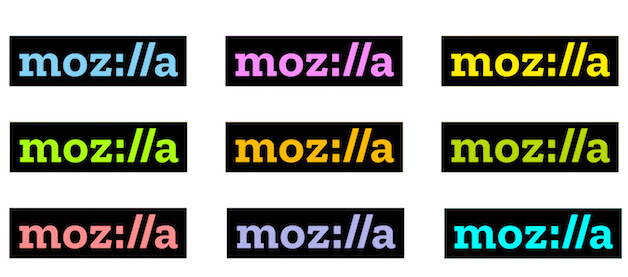
Mozilla Information Trust Initiative is ready to fight fake news
Facebook is not the only tech company looking to tackle the problem of fake news online. Mozilla, the company behind Firefox, has created the Mozilla Information Trust Initiative (MITI) in a bid to increase the credibility of the internet.
This is not a solo venture. Mozilla is seeking partners it can work with to conduct further research into fake news, and then develop products to battle what it terms "information pollution" online. The company recognizes that the fake news phenomenon is not properly understood, and that the techniques used to disseminate twisted versions of stories are advanced.
Firefox 55 unveils performance improvements and new features aplenty
Mozilla has unveiled one of the biggest updates to Firefox yet with its release of Firefox 55.0 for Windows, Mac and Linux. Firefox for Android 55.0 is also due imminently.
Firefox 55’s many highlights include instant restoration of browsing sessions with a large number of tabs, the ability to reposition the sidebar and a feature for grabbing screenshots of web pages direct from the browser itself.
Firefox 54 extends multiprocess feature to promise faster, more stable browser
Mozilla has released Firefox 54.0 for Windows, Mac and Linux, with Firefox for Android 54.0 due imminently. Firefox 54 focuses largely on one major development: support for multi-content processes, which basically gives Firefox the ability to split itself into multiple system processes for faster, more stable browsing.
The new feature -- project Electrolysis (also referred to as "e10s") has been rolling out slowly since the release of Firefox 48, when a select band of users were given a version of Firefox that could split itself into two processes: one for its user interface, the other for content. That feature has since rolled out to virtually all users.

Mozilla's WebExtensions APIs allow for cross-browser extensions in Chrome, Opera, Firefox and Edge
Creating add-ons for multiple web browsers can be a nightmare for developers, but Mozilla wants to simplify things. By introducing WebExtensions APIs it is going to become much easier to make extensions that work in multiple web browsers with only minor changes.
Based on HTML, CSS, and JavaScript, the aim is to further standardize the APIs to make it even easier to share extensions between browsers. Mozilla is now pushing the technology in the hope that it will gain momentum and a growing following.
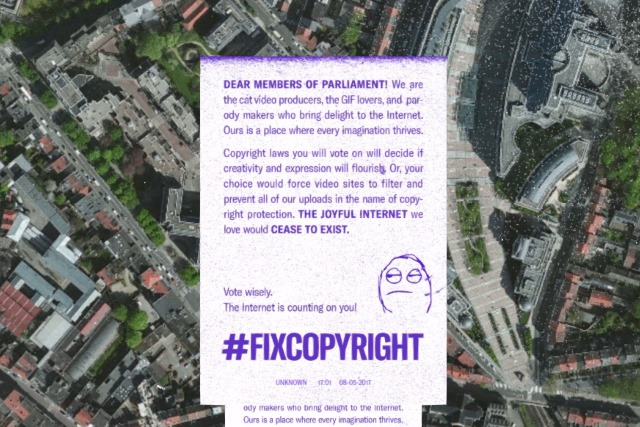
Mozilla's Paperstorm campaign calls for copyright reform to save the internet
Mozilla has teamed up with design studio Moniker and launched a new "digital advocacy tool" called Paperstorm with the aim of modernizing copyright laws in Europe. The tool makes it easy for ordinary internet users to carpet bomb European lawmakers with virtual leaflets demanding change.
The campaign is looking to drop millions of leaflets on cities around Europe to send a message to EU policymakers. The timing is important because copyright laws are due to undergo amendments, and proposals need to be in by the end of the year. Mozilla says that existing rules are outdated, and now is the time to make sure the laws are appropriate to modern needs.

Mozilla Firefox web browser may no longer be supported on your Linux computer
Firefox is a wonderful open source web browser. As a result, it comes pre-loaded on many Linux-based operating systems, such as Ubuntu and Fedora. Yeah, some people choose to install Chromium or Chrome instead, but Mozilla's offering remains a staple in the Linux community.
Unfortunately, it has been revealed that the Firefox web browser will no longer be compatible with some computers running a Linux-based operating system. You see, Mozilla has dropped support for certain Intel and AMD processors.

Mozilla ditches Aurora release channels for Firefox; new and beta code will hit users faster
Mozilla has announced plans to eliminate one of its release channels for not only Firefox but also Thunderbird and SeaMonkey. Starting today, the Aurora release channel will no longer be updated, and the Developer Edition of the web browser will be based on the Beta build.
The change is part of a drive to streamline the release process, and to make sure that stable new features make their way out to not only developers, but also normal users faster than before. Mozilla says: "Developer Edition users will maintain their Developer Edition themes, tools, and preferences, will keep their existing profile, and should not experience any disruption."
How to download old versions of Firefox
Downloading the latest version of Firefox for your PC is simple. Point your browser at the site, click "Free Download" and you’ll automatically get the latest version that matches your PC.
If you regularly need to download another build, though, life gets more complicated. You have to follow an "other platform" link, maybe select a 32 or 64-bit version, or follow yet another link to work your way through a list of languages.
